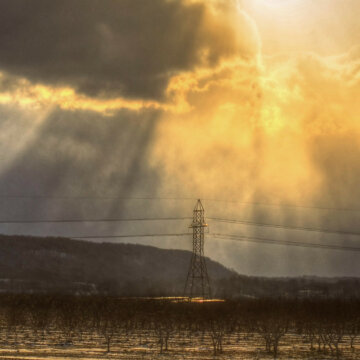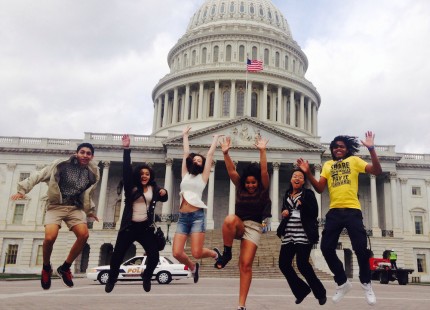- About
- Topics
- Story
- In-Depth
- Picks
- Opinion
- News
- Donate
- Signup for our newsletterOur Editors' Best Picks.Send
Read, Debate: Engage.
| topic: | Conservation |
|---|---|
| located: | Nigeria, Kenya |
| editor: | Bob Koigi |
As the world continues to get overwhelmed by the devastating impacts of COVID-19 and the global attention remains on tackling the pandemic, there is concern that the commitments and gains nations have made to save the planet from long-standing and emerging crises like climate change, environmental destruction, pollution and biodiversity loss could be reversed despite these crises being major threats to our existence.
Yet, like COVID-19, the crises affect all of us and have, over the years, taken a toll on livelihoods, threatened global peace and order, widened disparities, decimated economies and created a growing number of poor and vulnerable populations.
More than a year into the pandemic, the world has made major strides, including the roll out of vaccines in spirited campaigns that promise to militate against the adverse effects of the virus.
The pandemic has taught us the power of collaboration, investment in research, innovation and a people’s resilience. These are poignant lessons that we can apply in addressing decades-long crises like climate change.
As the world marks Earth Day this week, now in its 51st year, it is worth recognising the efforts that ordinary people - among them the youth - are making to protect the earth and conserve the environment even as the pandemic rages on.
From a young environmental activist in Uganda tackling the plastic menace in her country, a Nigerian entrepreneur innovatively using waste as an incentive to provide health insurance to the underserved and local communities in coastal Kenya who are clearing mountains of waste from the ocean and recycling it into an array of products and earning from the venture, these ordinary people have taught us the power of individual responsibility in healing mother nature.
The world should learn from them.
Image: Paul Boudreau.

